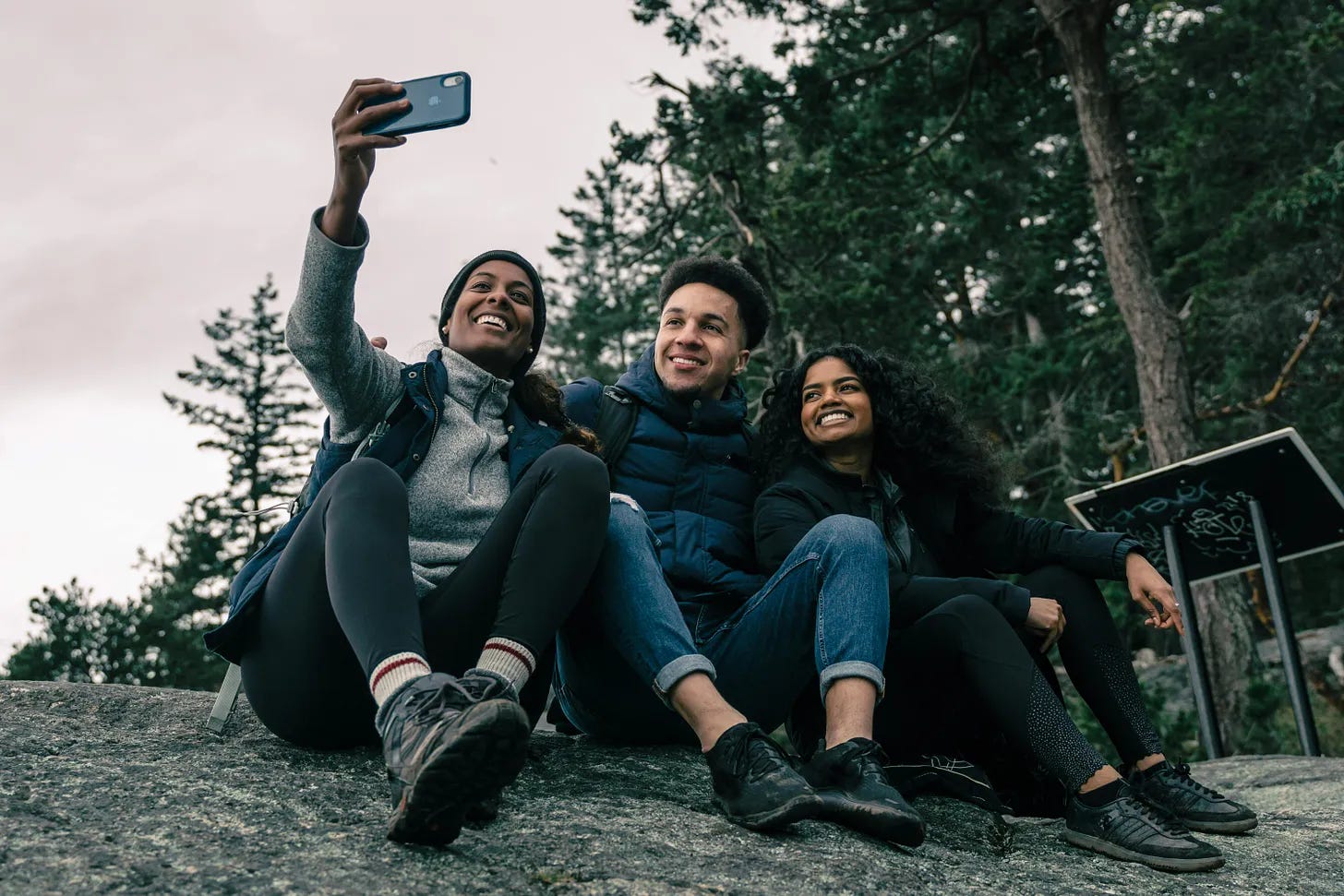Young People's Travel Safety Learning
Equipping students, young people and parents to travel safe and travel smart
‘All knowledge should be subject to examination and reason.’
Aristotle
For many years now, my training approach - Tri-Tier has been used to help young people to improve their awareness and avoid many of the risks and threats that are out there, when they travel.
Reflecting back, on the many young people I've trained, from all over the world, often heading to all over the world, one factor that comes to mind, that's as important, as any practical knowledge shared, is the delivery.
Now, when we talk about travel safety, this could relate to travel to a foreign environment, or it could simply be a case of a young family member needing to develop some situational awareness, because they have to travel across London on public transport.
It could be an ex-pat family relocating from the USA or Europe, to London. It could be that a family wants training prior to university attendance or because their teengagers, are now old enough to travel on their own, when they go on holiday. This can be quite unnerving for many parents.
Certain concepts can be applied to ensure that essential knowledge and skills, are understood and absorbed.
It's easy for me to write an article on travel safety and fire off rounds of security tips. There's already much information within other articles, you'll find in this publication.
A key point, though, is that young people are constantly bombarded with information, fear mongering headlines, and advice from all sides.
I’m not saying that knowledge and core safety insights are of less value, but I'm sure most adults would agree that our relationship with knowledge can be complex. Precautionary measures can be forgotten; the realities of risks posed can be denied or underestimated.
Other concepts are less accessible, when one is under pressure or stress. (Which is why the second tier of Tri-Tier is resilience- which focuses on dealing with challenges and being able to apply training, when there are real-time stress factors).
So what are some of the factors we take into account?
Today, young people, whether school students or those heading on a gap year trip, have much better access to information than earlier generations. They’re more informed about current events, news incidents and crime trends.
Phase one is to quickly help them understand how this training goes way beyond simply listing threats or do’s and don’ts. It's also about listening to them and getting a sense of their perception of safety and level of understanding. Also, what concerns them.

There are, sometimes, certain hurdles to overcome. Prior to training, students may have an expectation of what they want to learn (usually the more physical aspects) and what in reality, is going to be most helpful.
There’s a balance to achieve. It's also important not to make them feel they're being lectured to, or treated as if they’re naive or lacking in street smarts. Parents of teenagers will understand this already, no doubt!
At the other end, the hurdle can be fear itself. Young people might fully realise there are real dangers out there, but shield up because they don't want to think about it, or they may be sensitive or introvert. There is though a way to convey information so that it resonates with the individual.
This is why it's often helpful to work with small groups, as it's easier to sense their state of awareness and readiness to address the subject matter.
Topics are approached in a sensitive manner but the atmosphere is kept fairly relaxed, as this is more conducive to learning.
Nonetheless, the key is to adapt the content to the audience. It can be helpful sometimes, to create a discussion based atmosphere, as it gives young people a chance to share their views. By having them answer questions, or address hyperthetical scenarios, they get to see what they know, as well as, what they’re unfamiliar with.
Sometimes, they will also mention the experiences they've already been exposed to; or that someone they know has had to face.
This Socratic approach gets students to think for themselves. This is important, because when in lone traveller mode, the young person may find themselves in situations where they have to figure something out, quite quickly.
What I find is that when they get a sense that you have their good intentions in mind and are sharing concepts they can relate to and can apply, throughout their life, they tend to be more receptive. They’ll often open up about their concerns or queries about certain situations. Again, the value of listening cannot be underestimated.
The audience, once they’re engaged in the subject matter, will also often ask their own interesting questions, about various travel scenarios. I recall a talk I did for some of the older students and parents, at Francis Holland School, a Girl’s secondary school in London, and various what should you do in this situation questions were presented.
This brings me to my next point. Even if you have answers to many of these questions, you can't always give set solutions because every situation is unique and there can be many variables, or subtle factors.
Usually, you can give principles to avoid and better navigate the encounter. You can also help the person to realise they have options.
Another hurdle, can be the time factor. A family might come to me with a request to help prepare their son or daughter, with only one day really available, before the big journey. Here one has to provide concise yet diverse insights.

Sometimes, training will even take place online, if they are too far away or live overseas. Still, much can be shared.
When young people do go away on their trips, I will often ask the parents if we can organise a feedback session, upon their return. In this way, I get to see what proved useful to the individual and if there were any region specific scenarios that they faced.
In the sessions, we will also address location specific scenarios and trends, also taking into acccount previous incidents reported.
It’s also extremely important for young people to grasp how laws even police attitudes, at their intended destination, or even stop over place, can be very different to home terrain. Also, some key cultural factors must be appreciated.
What's rewarding, with this post-travel feedback, is when you hear of situations where they applied something seemingly straight forward, like a basic awareness principle, or they remembered something I shared, in an anecdote and were able to apply it, to avoid a serious situation, such as a drink spiking or deceptive third party engagement.

Parent, themselves, sometimes hear awareness concepts from their children, who attended a course, and acknowledge that it’s something they can apply in their everyday urban environment, or when on a business trip.
A key reason I encourage both parents and their siblings to discuss about the subjects covered, is to further reinforce them. The same goes with teachers.
I recall a senior teacher, with pastoral responsibilities, at Epsom College, where I did an urban awareness talk, a couple of years ago. She was absolutely brilliant at engaging with this subject and getting the pupils involved, in an enthusiatic way.
Now, for those keen to gain further travel safety tips, there will be other features, in the weeks ahead but ideally it's best to just get involved in a training course.
This is where we can help young people to develop core principles, as well as, both mental and physical attributes that can provide a base operating system, to guide them through the unexpected and to be more centred in the moment. As we say in Tri-Tier- awareness is your power.
Travel Safe,
Aran
About Aran
Based in London, Aran Dharmeratnam is the founder of Tri-Tier. He specialises in personal safety and resilience training, often working with high profile figures and their families, young people with travel plans and various organisations.
With experience in various areas of the security sector, Aran also works with global security companies involved in private investigations and strategic intelligence. He’s been deployed on the ground, in numerous cases. Aran’s insights have appeared in The Financial Times, The Spectator, Aviation Security International, and Security Management Today.
For consultations or training contact: office@tri-tier.com













